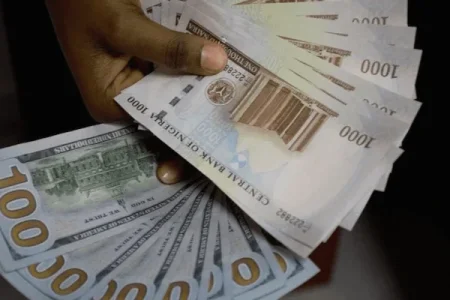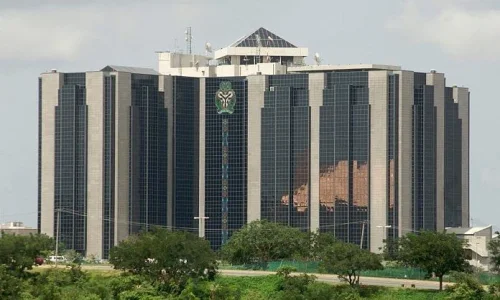
The Nigerian naira fell to N1,665 per dollar on the black market, driven by high demand for travel allowances and school fees. Meanwhile, the naira also dropped 5.5% in the official market. Despite the depreciation, Nigeria’s external reserves grew by $490 million due to recent dollar bond issuances.
The Nigerian naira dropped to an average of N1,665 per dollar on the black market on Friday, marking a N5 decline from N1,660 earlier in the week. In key cities like Abuja and Onitsha, the dollar traded at N1,670. This depreciation was attributed to high demand for foreign exchange by individuals seeking Basic Travel Allowance (BTA), Personal Travel Allowance (PTA), school fees, and medical payments.
Meanwhile, in the official foreign exchange (FX) market, the naira lost 5.5% on Thursday, as it was quoted at N1,649.76 per dollar, compared to N1,558.75 the previous day. The sharp decline follows a period of increased dollar supply, with $221.24 million traded in a single day.
Despite this depreciation, Nigeria's external reserves saw a rise, jumping by $490 million within a week, thanks to the successful issuance of domestic dollar bonds by the Debt Management Office (DMO). The Central Bank of Nigeria (CBN) reported that external reserves grew from $36.24 billion on September 2 to $36.73 billion on September 10, 2024.
The government had issued the first series of $500 million out of a $2 billion domestic US dollar bond on August 19, 2024, to stabilize the economy amid fluctuating currency values.
This recent drop in naira value highlights the ongoing challenges in managing Nigeria’s foreign exchange market and the pressures faced by the currency.




